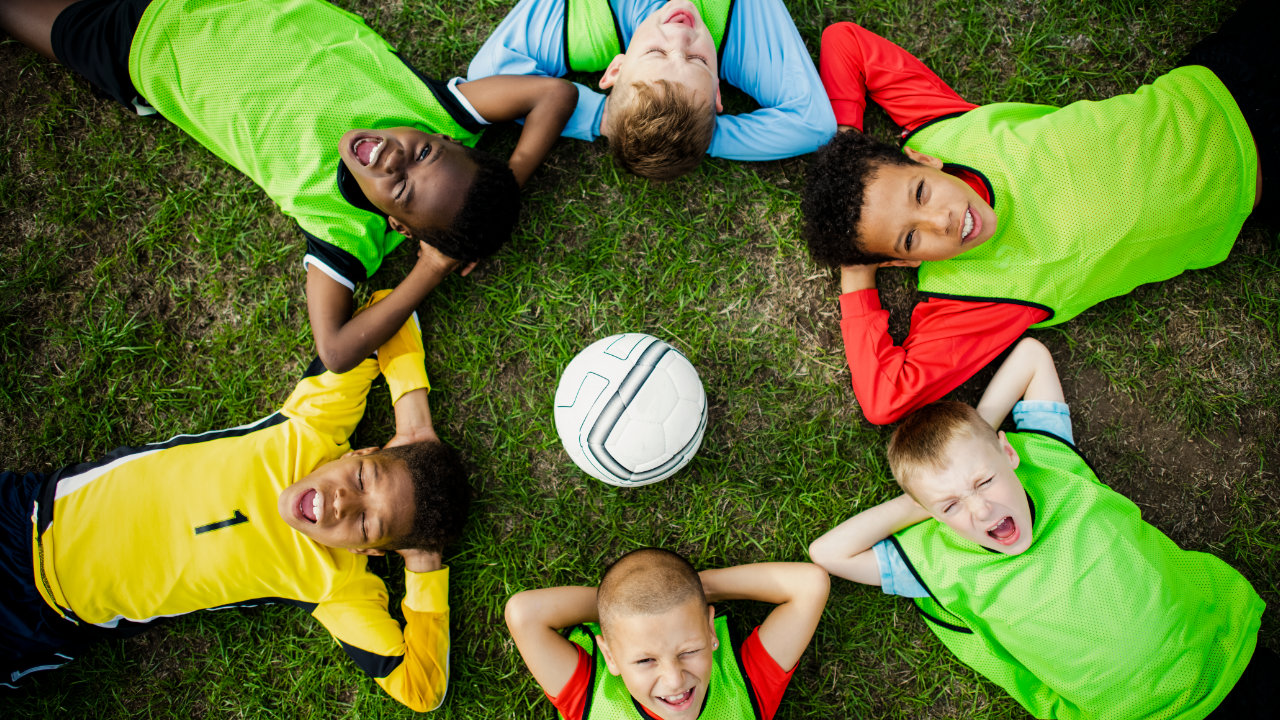Why is it important for an autistic child to have activities adapted to their needs?
Like all children, kids within the autism spectrum disorder (ASD) need to take part in sports and artistic activities that are tailored to their individual needs through concrete inclusive measures.
A noisy environment, strict social rules, coordination, and motor skills all pose challenges for children on the autism spectrum, especially when they join in activities with neurotypical peers. It is therefore essential to properly prepare an autistic child for the activity they will participate in.
How to Properly Prepare a Child with ASD
Before enrolling a child with ASD in a sport or cultural leisure activity, most experts recommend that parents:
- Consult with the activity organizers about what adaptations can be made to meet the child’s specific needs;
- Attend a session to determine if the environment is suitable to the child;
- Plan calming activities before and after the event to help reduce the child’s stress;
- Consider ways to communicate with the child during the activity.
What are the benefits of sports and cultural leisure activities for the development of an autistic child?
Sports Benefits:
Sports allow autistic children to:
- Develop their motor skills
- Improve their attention span
- Enhance their communication skills
- Boost their group interaction skills
- Reduce anxiety and inappropriate behaviours
Benefits of Cultural Leisure and Artistic Activities
- Cultural and artistic activities help children with ASD improve their emotional well-being;
- Strengthen their social skills;
- Explore personal interests and passions;
- Develop concentration, patience, and perseverance;
- Enhance creative expression;
- Communicate their emotions, thoughts, and experiences.
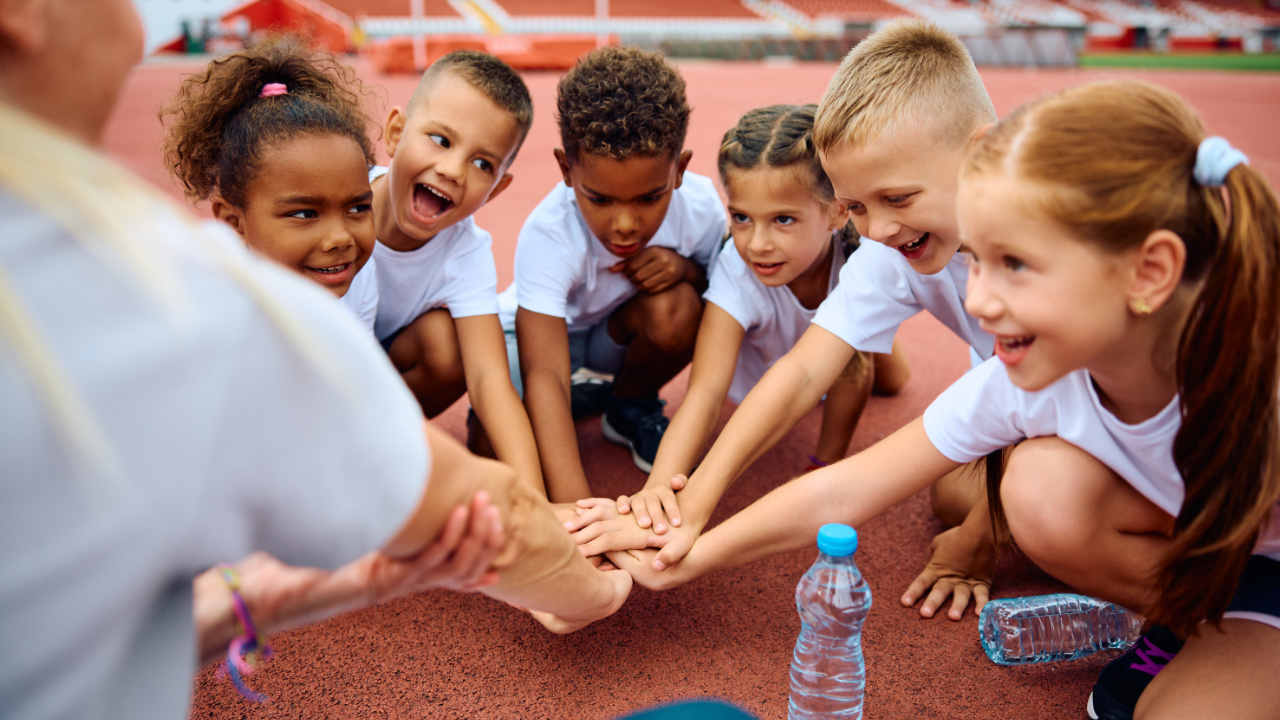
Which sports are best adapted to autistic children?
Generally, individual sports are best suited for autistic children. Children with ASD who wish to engage in sports often enjoy activities such as swimming, track and field, horseback riding, climbing, and martial arts.
What cultural activities are best suited to autistic children?
The cultural and artistic leisure activities that work best for autistic children are hands-on activities. They allow children on the autism spectrum to express their creativity, develop fine dexterity, and improve emotional understanding. The following cultural and artistic activities may appeal to children with ASD:
- Cut-outs (decoupage)
- Painting
- Activities with mixed materials (modelling clay, cardboard, fabrics)
- Poetry and writing
- Dancing
- Collecting (stamps, hockey cards, figurines, etc.)
Most of these activities can be performed in a calm environment. They require minimal social interaction while still enabling autistic children to gradually develop their ability to interact with others.
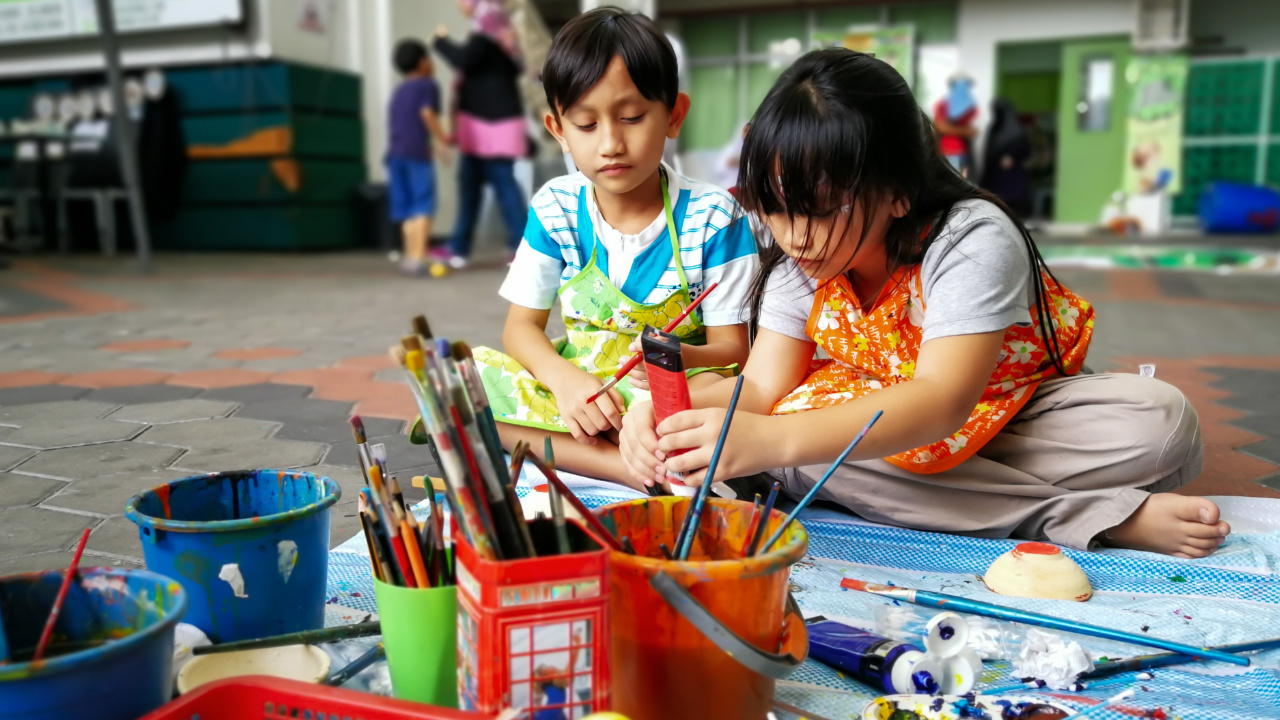
How to improve access to cultural activities and sports for autistic children?
Improving Access to Cultural and Artistic Activities
- Providing autistic children with easy to use and adapted tools (brushes, musical instruments);
- Focusing on activities that the child enjoys;
- Offering activities that allow for personal expression and the development of creativity in a structured and supportive environment;
- Avoiding sensory and emotional overloads;
- Adapting the setting (soft lighting, moderate sound levels, a welcoming, calm, and reassuring atmosphere).
Improving Access to Sports
- Prioritizing individual sports;
- Respecting the pace and abilities of each child;
- Adjusting supervision by employing professionals trained in sports pedagogy for children with autism spectrum disorder;
- Implementing clear, simple rules and stable routines.
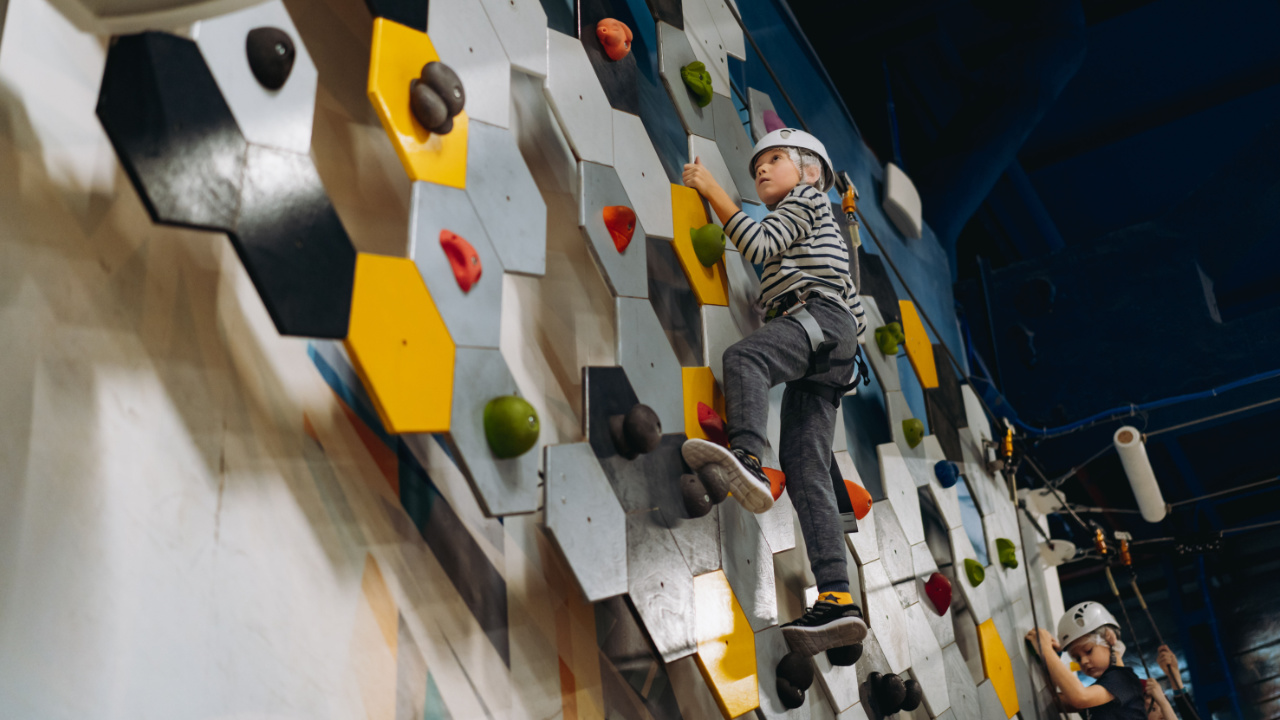
List of Specialized Organizations
The following associations organize numerous sports, leisure, and cultural activities for children with ASD:
Aér-autiste :Dance classes for autistic children aged 4 to 11.
AltergoOrganizes sports, leisure, and cultural events for individuals with adaptation challenges and functional limitations.
The Centre for the Arts in Human DevelopmentConcordia University’s CAHD uses creative arts therapies to change lives.
Naeska Rhythmic Gymnastics ClubAdapted rhythmic gymnastics for autistic children ages 5 and up.
Dojo Alessadro Bartoli Kyokushin KarateTeaches the fundamentals of karate to young people for improved self-esteem, emotional regulation, and discipline.
Clip’n ClimbOffers adapted indoor climbing evenings for an ASD audience.
Adapted HockeyHockey introduction for autistic boys and girls ages 4 to 21.
Matériathèque de la Société de l’autisme des LaurentidesLoan books, videos, and games for autistic youth in the Laurentides region.
Piano ArtDevelops the capabilities of children with ASD through music and sounds.
On the Fédération québécoise de l’autisme website, you can find a directory of specialized associations that organize sports, leisure, and cultural activities for autistic children.
The Pomerantz Foundation’s 18th Annual Golf Tournament
Terry Pomerantz, the volunteers, and the organizations supported by the Pomerantz Foundation ‒some of which organize activities for autistic children‒ invite you to participate in the foundation’s 18th annual golf tournament.
This year, the tournament will take place on August 14, 2025, at the Summerlea & Country Club golf course in Vaudreuil.
Terry Pomerantz and the entire team of volunteers at the Pomerantz Foundation invite you to participate in large numbers. As every year, all tournament profits will be donated to organizations that help differently abled children, including those with ASD, along with their families.
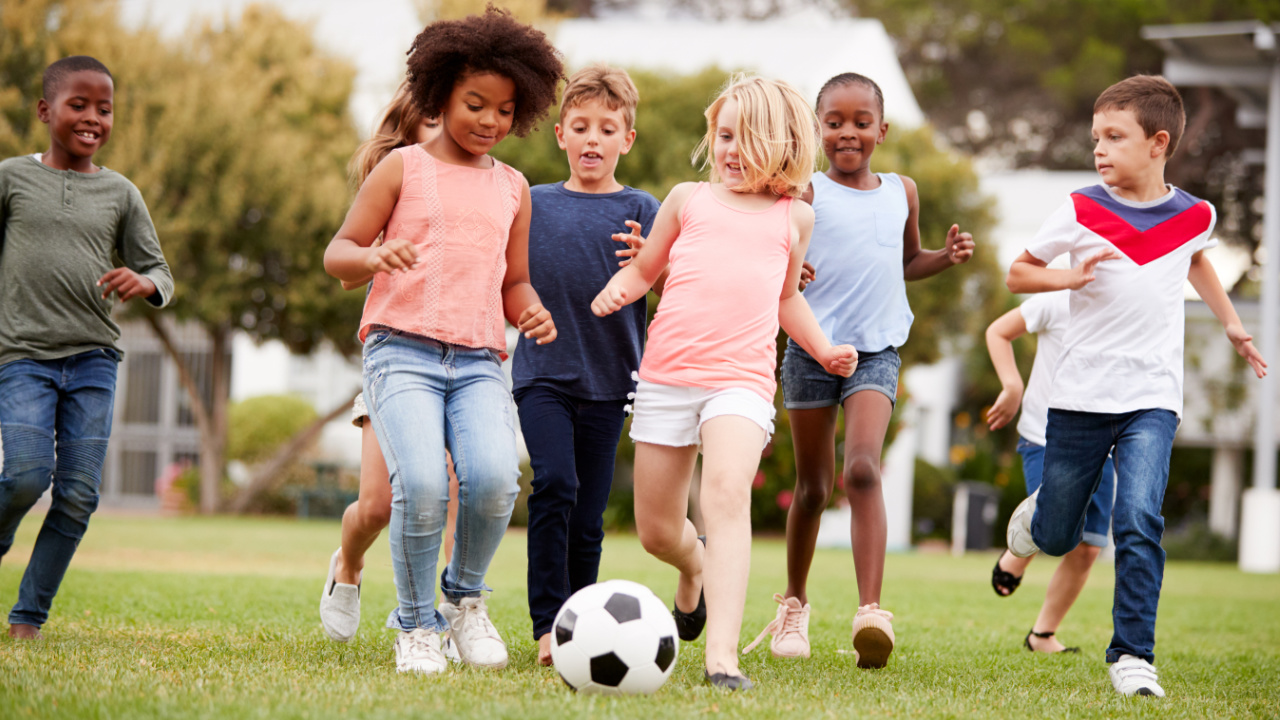
Entrepreneur and prominent figure in Montreal's real estate and manufacturing sectors, Terry Pomerantz approaches every aspect of life with heart and character. At the helm of Domfoam and T.R.A.M.S Property Management, he carries on his late father's legacy while dedicating his philanthropic commitment to the Pomerantz Foundation, which has been actively supporting children's causes since 1991.

